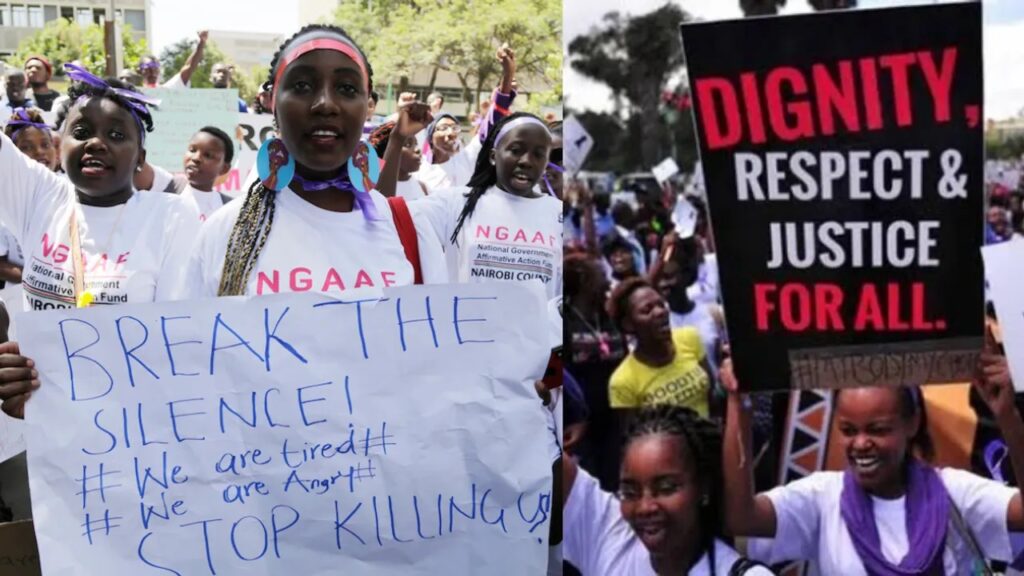Global Spotlight on Kenyan Misogyny

Unveiling Kenyan Misogyny: A Cry to End Femicide
In a gruesome incident, a young woman was brutally dismembered, and her remains callously placed in a plastic bag, prompting a police investigation.
In the heart of South Africa, Kenya grapples with the brutal consequences of entrenched patriarchy, spotlighted by the recent horrifying murder of a young woman in a temporary rental dwelling. The social media outcry under the hashtag #StopKillingWomen has become a poignant reminder of the persistent misogyny claiming women’s lives.
Recent events, including the high-profile killing of socialite Starlet Wahu, have fueled misogynistic comments on social media. Disturbingly, women are blamed and targeted, with some suggesting they ‘invite’ their own tragic fate. Sex workers and prostitutes face particular vilification, reducing them to mere recipients of their fate due to their chosen profession.
Termed the “Airbnb murders” in Kenya, these incidents underscore the pervasive issue of gender-based violence in South African nations. Kenya stands as one of the countries with alarming rates of female homicides and abuse, with 34% of women reporting experiencing physical violence, according to a 2022 national survey.
Call for Change and Solidarity
In response to the slander and victim-blaming, social media in Kenya is witnessing a surge in the hashtag #StopKillingWomen. Women, activists, and organizations unite to call out patriarchy, femicide, and the alarming victim-blaming culture.
These tragic killings unveil a larger issue of “woman-hating” stemming from hypermasculinity. Patriarchy, subjugating women, provides a justification for men’s actions, perpetuating a cycle of violence as a form of “education” for women to know their perceived limits.
The rallying cry of “Enough is Enough!” reverberates through social media, demanding an end to the normalization of femicide and systemic violence against women.
Repurposed article originally published in ShethePeople



/shethepeople/media/media_files/vnHjWGdGkvccbn0OREg5.png)




